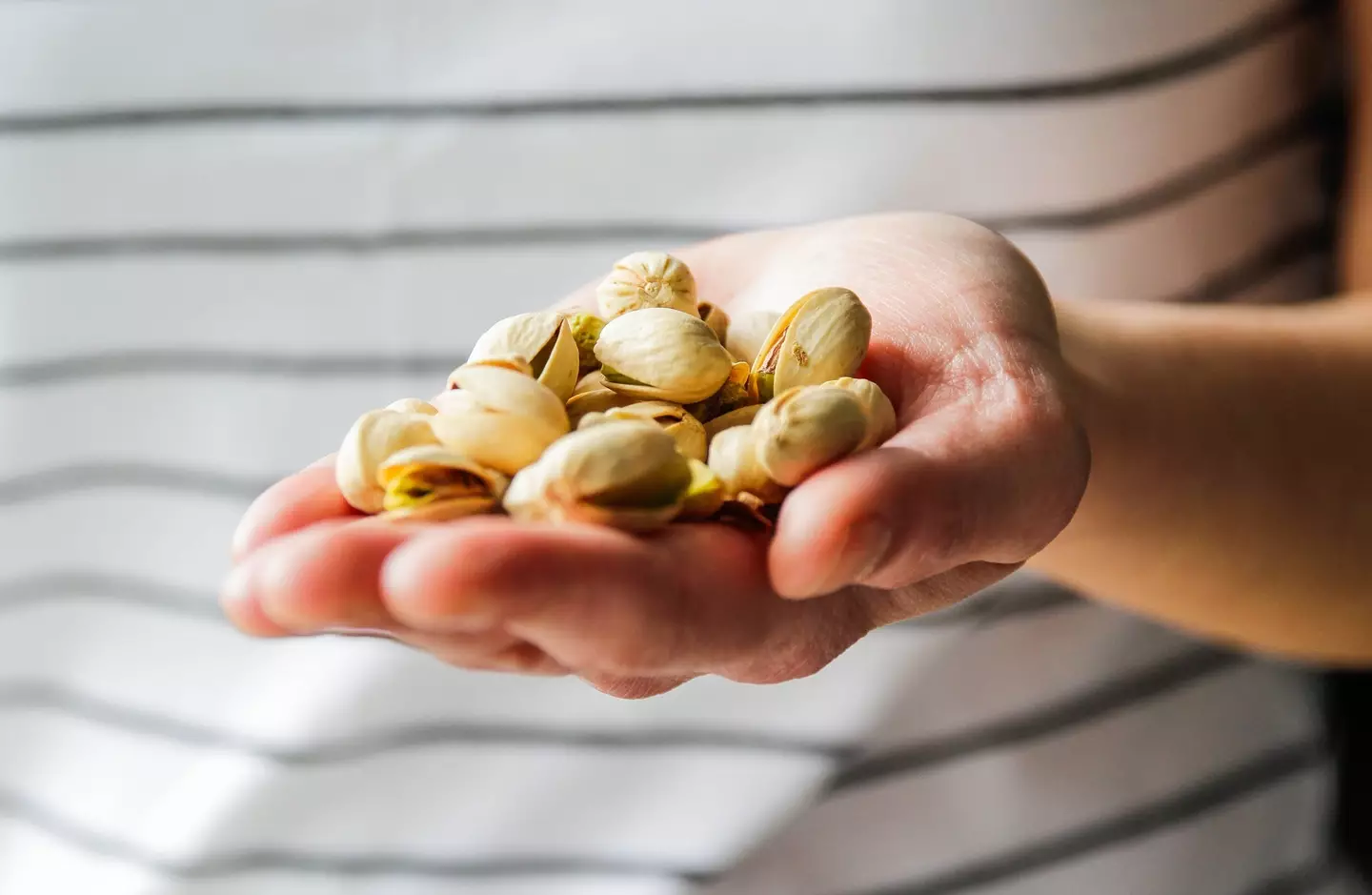
It turns out that you don't need to relocate to one of the world's blue zones to live longer.
There are five blue zones dotted across the globe which are famous for having the healthiest, longest-living populations.
Where are these places, I hear you ask? You'll find them in Okinawa (Japan); Sardinia, (Italy); Nicoya, (Costa Rica); Ikaria, (Greece); and Loma Linda, (United States).
Advert
While these places are known for having long-living residents, there are changes you can make to your lifestyle to help you maybe make it to 100 years old, and it doesn't involve you having to up sticks to Japan.
A key part of life that contributes to a person's health is diet.
We're often told about foods we shouldn't be having too much of (here's looking at you, red meat), but what about the food we should be eating?
Well, in new findings recently published it was found that there's two key diets people should be following if they want to lower their mortality rates: the Planetary Health Diet (PHD) and the Mediterranean Diet.
Across the two diets there are four specific foods we should be eating.
What is the the PHD?
This diet consists of a person eating 2,500 calories a day and focuses primarily on high consumption of fruits and vegetables, whole grains, legumes, nuts, and unsaturated oils; moderate intake of dairy, starchy vegetables, poultry, and fish; and low consumption of saturated fats, red meat, and added sugars, a press release on the new research explained.
What is the Mediterranean Diet?
This is a diet you've probably heard of before, and it's long been associated with numerous health benefits, including weight loss and reduced rates of heart disease.
Advert

The famous diet is rich in fruits and vegetables (seasonal), legumes, whole grains, and nuts, with olive oil as the main dietary fat, greater consumption of white or lean meats than of red or processed meats, and moderate consumption of dairy products, fish, and eggs.
What are the four foods that prolong life?
The study study found that some components of the PHD (fruits, dairy, and unsaturated oils), as well as the nuts that are part of a Mediterranean Diet were independently associated with lower mortality.
Advert
Low consumption of pastries and soda was also found to be associated with lower mortality.
Speaking about this, Dr Mercedes Sotos Prieto, an assistant professor in environmental health at the Autonomous University, said: "Higher adherence to both diets was similarly associated with lower all-cause mortality."

How did they come to this conclusion?
Researchers tracked the food intake of more than 11,000 adults with the mean age of 47.5 years old, 52.2 per cent of women were women.
Advert
They went on to be given scores based on their consumption of 15 food groups in the PHD and how closely they stuck to a Mediterranean diet.
The participants were monitored for around 14.4 years, over which 1,157 deaths occurred.
Researchers went on to conclude: "Higher adherence to the PHD and Mediterranean Diet was similarly associated with lower all-cause mortality.
"Participants in the top third for adherence to the PHD had a 22% lower chance of dying than those in the lowest third."
Advert
It added: "For the Mediterranean Diet, participants in the top third for adherence had a 21% lower chance of dying than those in the lowest third."
Topics: Food and Drink, Health, News, Science